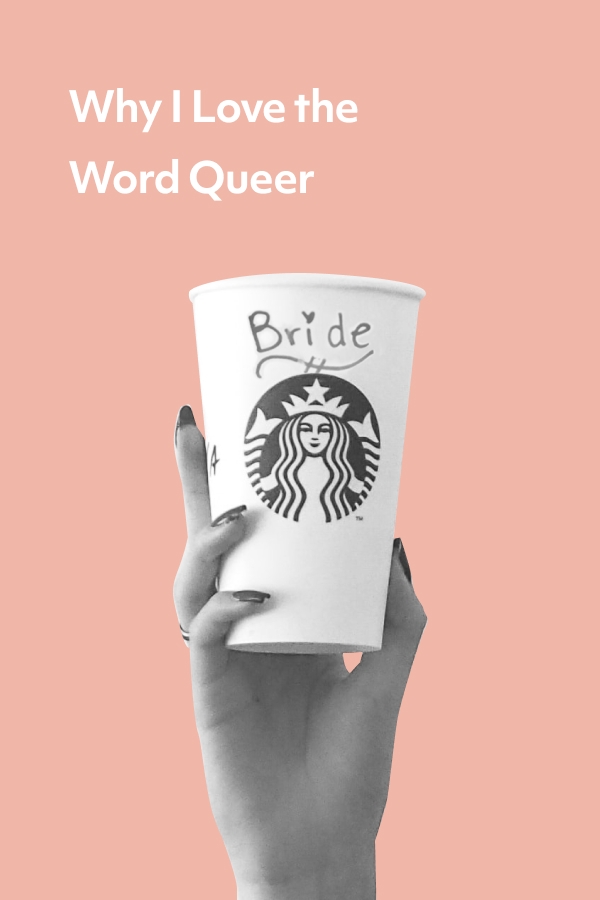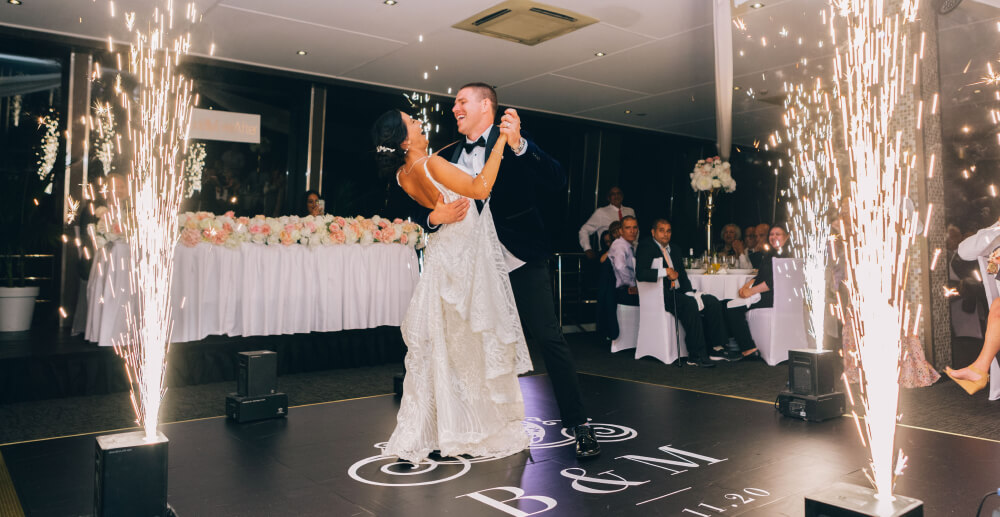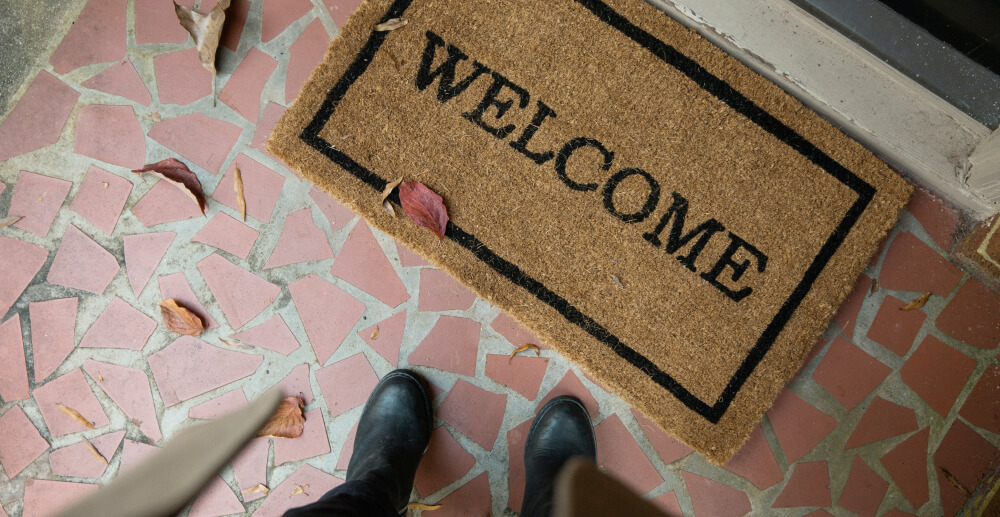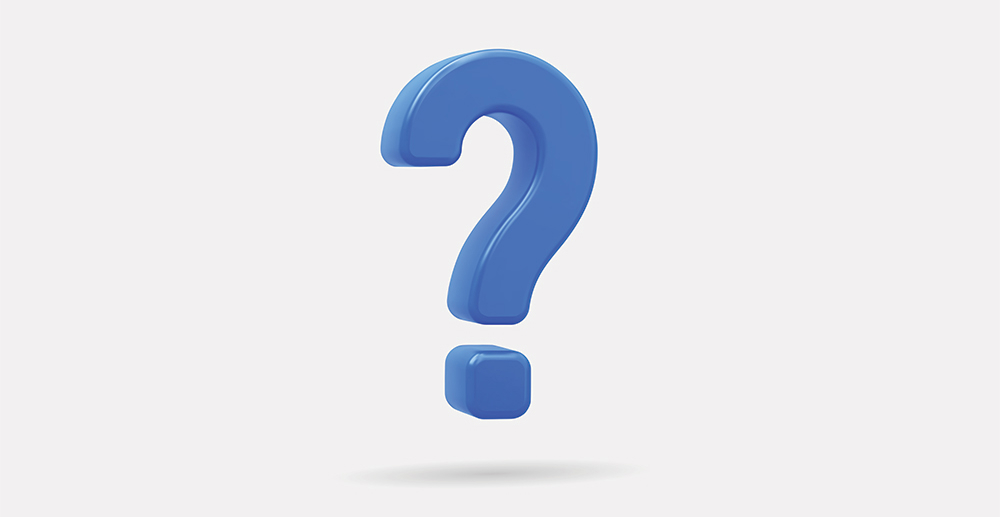I got my first job in 10th grade, the day after my 16th birthday. At that job, a coworker and I bonded over our hatred of ketchup. It was the first time such an innocent interaction had made me nervous. I’d never thought of girls that way. Why was it making me nervous? Was it weird? She seemed very sure of herself and her interest in girls (and me!). I had never imagined myself with anyone but a boy.
Baby’s first (queer) relationship
At this point, I had already had my first kiss (with a boy I didn’t even like) and I had never even thought of kissing a girl. I was an LGBT ally and yet … why was I struggling with allowing myself these feelings? If I pictured myself walking down the aisle toward a woman I loved, the image was instantly ruined by the thought of my family’s eyes on me. Would they still love me? Would they think I was gross? I decided that whatever I was feeling, I needed to keep it to myself. I was sure that what I was doing was wrong. When I went to meet up with her, I told my parents I was going to Starbucks “with a friend.” My mom has always been my best friend and I tell her everything, but I couldn’t bring myself to admit this to her. To be clear, my mom wasn’t homophobic at all and had always been supportive of me. I suppose my reluctance was because if I admitted it to my mom, I would’ve had to admit it to myself.
This went on for a few months. My coworker had officially become my girlfriend and I was hiding it from … well, everyone. I felt embarrassed. She was posting pictures of us, and every day I worried someone from my school would see. I was more concerned with how this would make me look than with how it was making me feel. So, I kept telling everyone she was my friend. To my parents, I was going out to eat with a friend. It wasn’t until she asked me to post pictures with her that reality started to dawn on me. If I wanted to really be happy, I had to come to terms with myself. I was terrified. Why did our generation have to be so obsessed with social media? I told myself I would’ve been happy keeping it a secret forever.
She told me one day, “I’ve already been with a closeted girl before, and I’m not doing it again.”
Am I bisexual? In public?
I guess I was closeted. I had worked so hard convincing everyone we were just friends that I’d almost started believing it myself. I pushed the truth down so far I had never thought about it actually coming up. When people started asking about us, I always had an answer that I thought would make me “look better.” If someone asked, I would say, “I’m not a lesbian; I just think she’s cool!”
While this was happening, I was getting accusations from her that since I was bisexual, I would leave her “for a guy.” All I could focus on was how I hadn’t thought of myself as anything! I didn’t know if I was a lesbian or bisexual, because I truly never thought about it. How could someone else label me when I hadn’t even labeled myself? Straight just felt like the default. It felt like what I was supposed to be and what was expected of me.
Once, when I was holding hands with my girlfriend in a Walmart parking lot, we were called that ill-fated F-word. Ultimately, the relationship ended because she cheated, but my exploration of my sexuality ended with that F-word.
Internalized homophobia and drugs
For years, I found myself trying to force myself to be into men I didn’t even really like. I knew I wasn’t a lesbian, but I couldn’t deny my attraction to both genders. Every time I had a crush on a woman, I felt guilty. Would my parents be okay with me dating/marrying a girl? What would they think about me not marrying a man? I worried because I thought this meant wouldn’t be able to give them grandkids. It was at this crossroads that I turned to drugs. I needed to force myself to be outgoing, to avoid my attraction to girls, and to be able to flirt with guys. The drugs allowed me to ignore my feelings, and to party and flirt with men. Those weird feelings I was having for women suddenly weren’t there anymore. Drugs made me happy, and made me happy to feel wanted, even if it wasn’t by someone I wanted.
It wasn’t until I started working at a crystal shop that I realized being gay wasn’t a weird thing. Everyone would bring up their partners, and it didn’t need to be a big thing. It was just … normal. People would bring up their sexuality in passing, and no one acted like they were brave or strong for it. It was just their lives. And I was starting to realize my life didn’t need to be a big deal, either.
Obviously, my journey with both my sexuality and sobriety is more complicated than a story from high school to now. I would always tell boyfriends that my high school girlfriend was a boyfriend, completely hiding that part of my life. I refused a label for a while after I graduated high school. But it wasn’t because I simply didn’t agree with it. It was because feeling something inside and telling people outside is different.
My coworker identified as bisexual, and she was loud and proud. I envied her. I wanted that to be me. I wanted to be able to ask the cute coffee girl out without thinking years ahead to a wedding I didn’t even know would happen. Every dating decision I made was based on public perception of me instead of my actual feelings. I was depriving myself of potential love because of how society handled gay people. It had been so ingrained into me that straight was the norm that I struggled to allow myself to feel my actual feelings. That struggle led me to using drugs to numb my stress and anxiety, which was easier than facing it (though not easier on my bank account, that’s for sure!).
Okay, now what?
It wasn’t until I was 22 that I started actually admitting out loud I was queer. I know some people don’t like the word, but it has been the biggest help in admitting my attraction. I don’t have to be a “lesbian” or “bisexual.” I’m queer. Something that has really helped me was the Lesbian Masterdoc, though I’m not a lesbian. It helped me see that I’d been pushing myself to “like” mediocre men instead of allowing myself to go after women I was truly interested in. I finally acknowledged that this was due to my internalized homophobia.
All because of how I imagined my wedding day to be. All because of an F-word shouted out of a lifted truck when I was in 10th grade.
Now I can recognize the truth, and go after what (and who) makes me happy.










